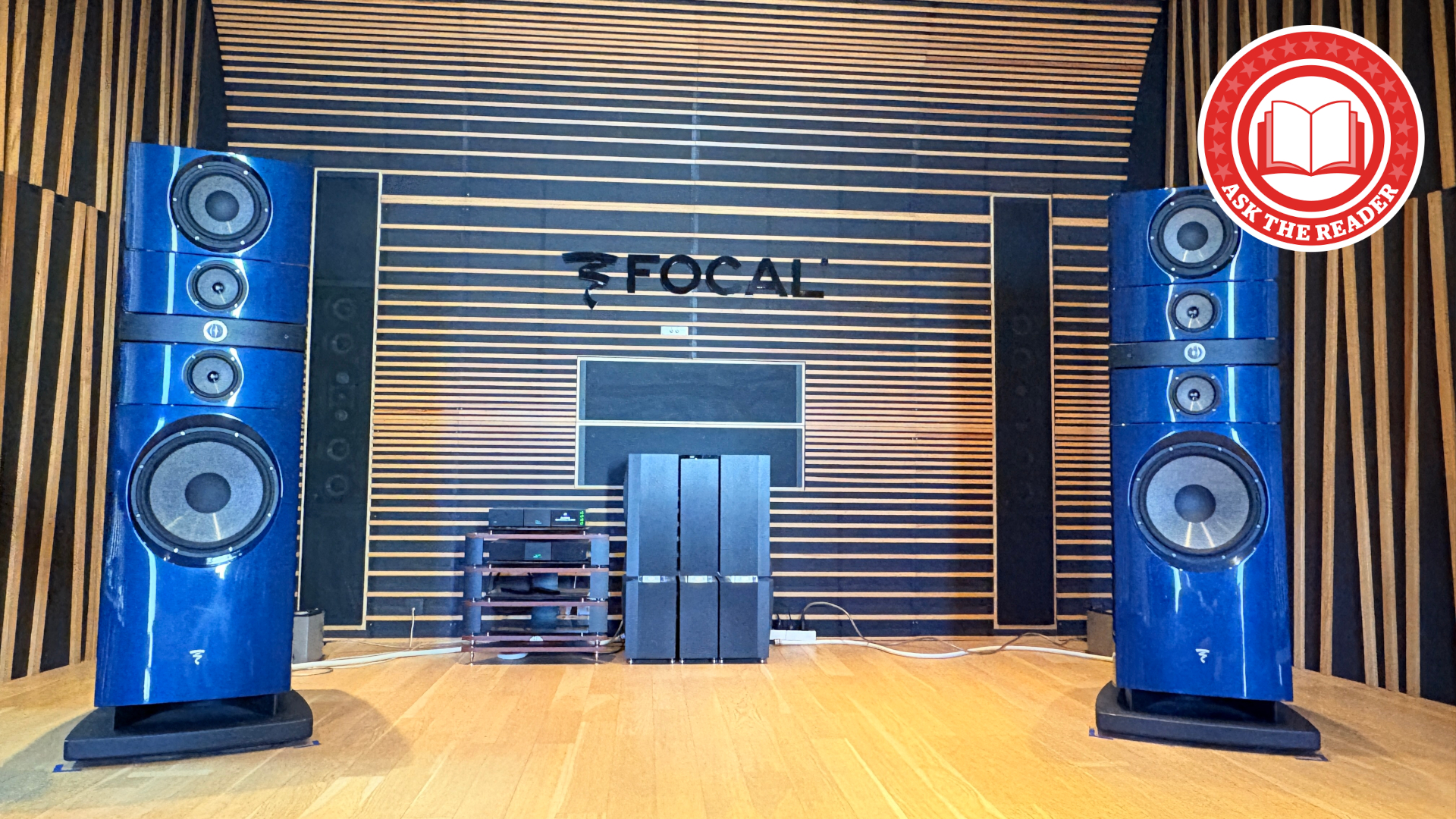Roon’s CEO talks acquisitions, hi-fi enthusiasts and the “tyranny of choice” for music streamers
What does the future hold for Roon, now that it is part of the Harman International family?
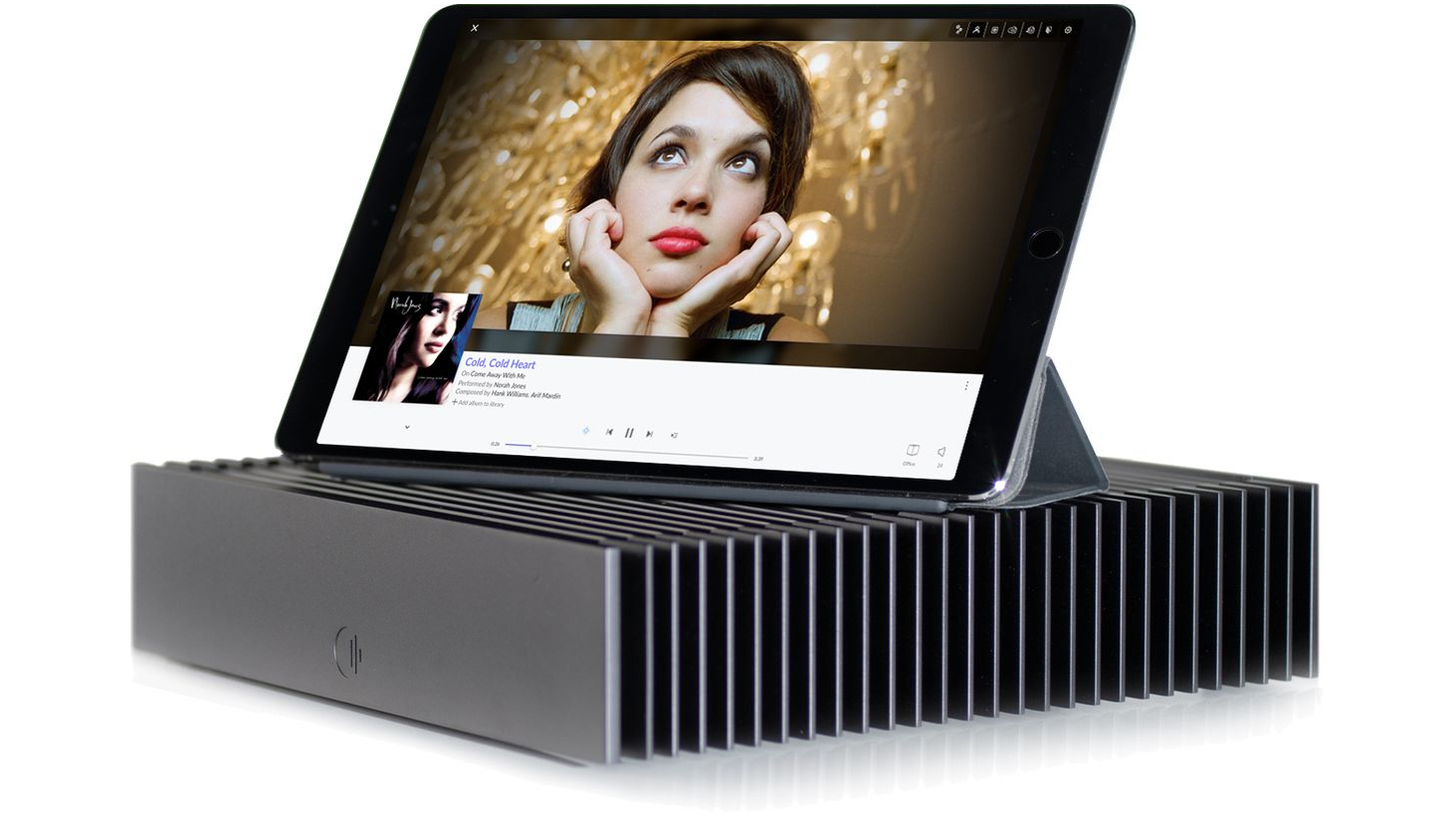
One of the big news stories of 2023 for audio enthusiasts was the acquisition of the Roon music-management platform by Harman International, the parent company of esteemed audio brands such as Mark Levinson, Arcam, JBL, and Harman Kardon.
The music-library platform is the go-to for many who want their streaming services, digital music files and favourite internet radio stations organised and played in the best quality possible on a home network. The platform also offers users the ability to deep-dive into their music collection in a way other services don't.
At CES 2024 we sat down with Harman’s President of Lifestyle, Dave Rogers, and Roon CEO, Enno Vandermeer, to talk a bit more about Roon, the company’s acquisition and future plans.
- Harman acquires Roon – here's what that means for subscribers
- Roon: how the music platform works and how to try it for free
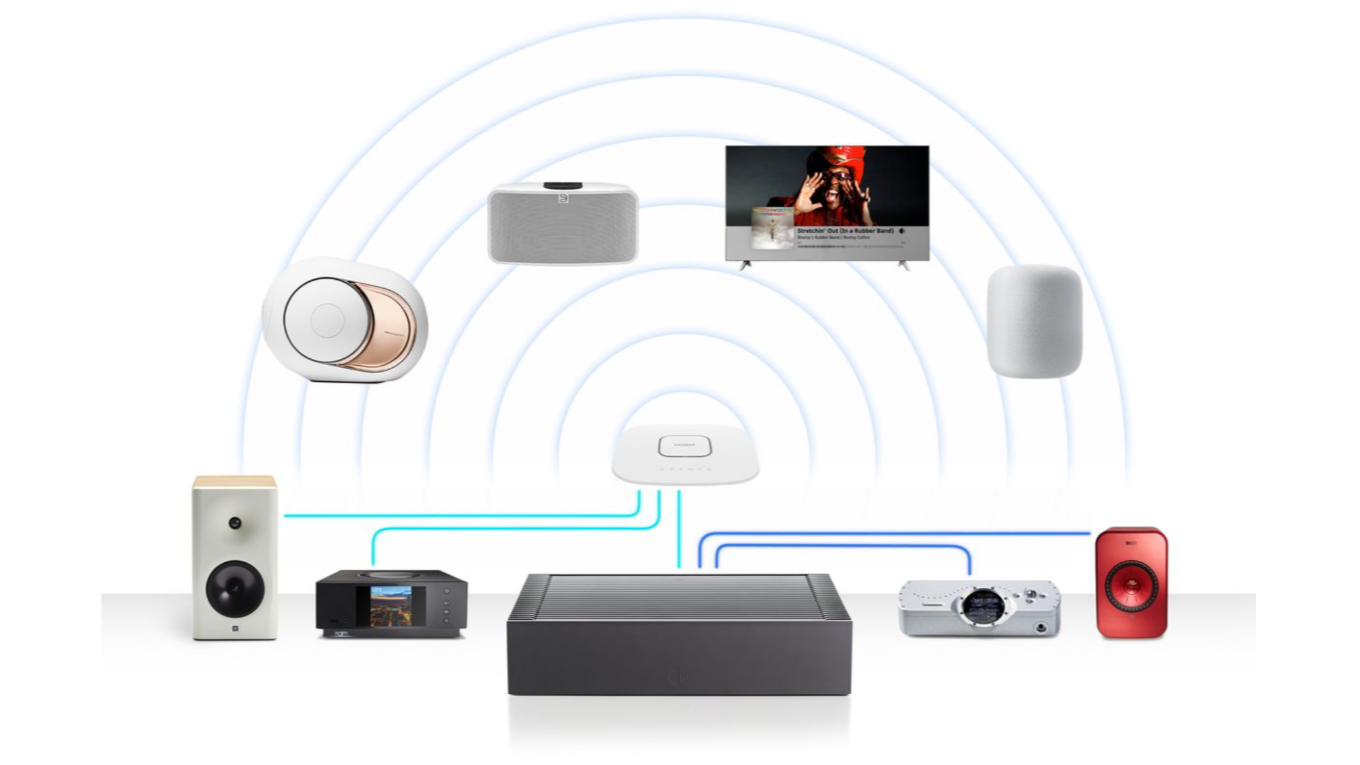
We kick things off by asking Vandermeer to describe Roon for anyone who might not be familiar with the platform…
EV:
“Roon aggregates your sources – so files, either hi-res downloads or ripped CDs, streaming content from Tidal, Qobuz, KKbox as well as internet radio – and it retrieves a ton of additional metadata about that music. And that metadata is really what drives the user experience. it provides a much richer browsing, discovery and collecting experience, than you'll find in a player app like iTunes, or a streaming app, like Spotify.
“We identify a track, then we pull the data from a number of sources that, again, we aggregate. We use seven or eight different online data sources – data sets are all pulled down and then applied to the music.
The latest hi-fi, home cinema and tech news, reviews, buying advice and deals, direct to your inbox.
“Roon gives you this experience for browsing and exploring your music collection. And then that lets you play it back on pretty much any device you have. If it produces sound via USB AirPlay, Chromecast, Squeezebox or our own protocol, Roon will work with it and at the highest possible sound quality that the hardware is capable of. It will transcode and upsample or downsample as necessary to give each device the optimal stream based on its hardware kit.”

For Vandermeer, it’s all about the enthusiast and offering extra levels or layers of discovery that streaming services currently don’t.
“If you think about what a streaming service is and what their business goals are, and the scale… it's such a narrow-margin business that scale is the only way they can hope to succeed. So the user experience has to appeal to absolutely everyone. And as a matter of policy, what they generally do is make it simple. ‘Let's make it easy to use and not overcomplicate this and confuse people.’
“So we've gone the other way and said we're after people who care about what they are listening to, who want to explore and want to have this kind of experience. So by focusing on the enthusiast, we have kind of built this feature set that streaming services don't have”
While a streaming service such as Spotify just provides information such as track listings and artist, Roon can pull all people who performed on a song – right down to the backing singers, songwriters, engineers and producers.
“There are a bunch of places that are jumping off points and this is partly to combat the tyranny of choice problem where you open Spotify for the first time: here are 200 million tracks, figure out what to play. From a simple seed like one song, we can show you a number of avenues to explore.”
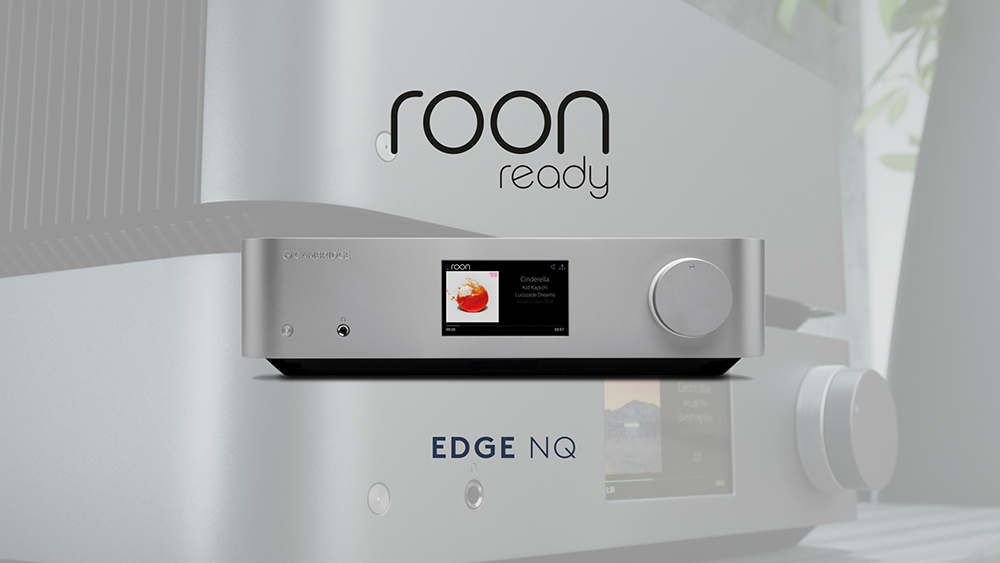
We bring Dave Rogers in, and ask how the Roon acquisition came about and what Harman was looking for.
DR:
“A couple of things. One is, we're a device company, and we are really focused on the user interface, the tactile experience and that experience with the end user. And we thought, okay, using that passion, we could get into the software space. We started canvassing who did it well, and one of the companies that we uncovered, and we felt did it best, was Roon.
The other thing was that we didn't have the expertise. And when we met Enno’s team, we just were blown away by their depth of knowledge, the way they looked at the market, the experience they were giving; and we felt that was a really good fit. So we decided to do it.
We feel that they can help us navigate and build better user interfaces in our core business. But we have made sure that they have their own space and a business unit (Pro, Consumer and Roon). So Roon can develop their product further, and be more meaningful to their user base.”

We ask Rogers if he sees a trickle-down effect of what Roon has created making its way into other Harman products further down the line.
DR:
We haven’t contemplated that yet. Mission number one, because Roon has built a nice community of listeners, is keeping those folks happy and adding features to the experiences to the extent that they can. And then, are there other products that we can build, not even related to Roon, that might be an option?
“On the front end, what we envisioned was the leaders of the business would help us look for products. Could there be something in one of our products in the future? Maybe, but we’re not at that point yet.”
Currently, Roon supports Tidal, Qobuz and KKbox streaming services, but will it be looking to get other streaming services on board?
EV:
“This is something that Harman is going to be able to help us with just because there are some streaming services where integration would be more attractive with a wider, broader reach, scale of users, that sort of thing. So yes, we definitely plan to increase the number of streaming services over time. We've got KKbox now, which is for Asia, that's mostly Taiwan, Hong Kong, Singapore, Malaysia. The ambition is absolutely there to add services.”
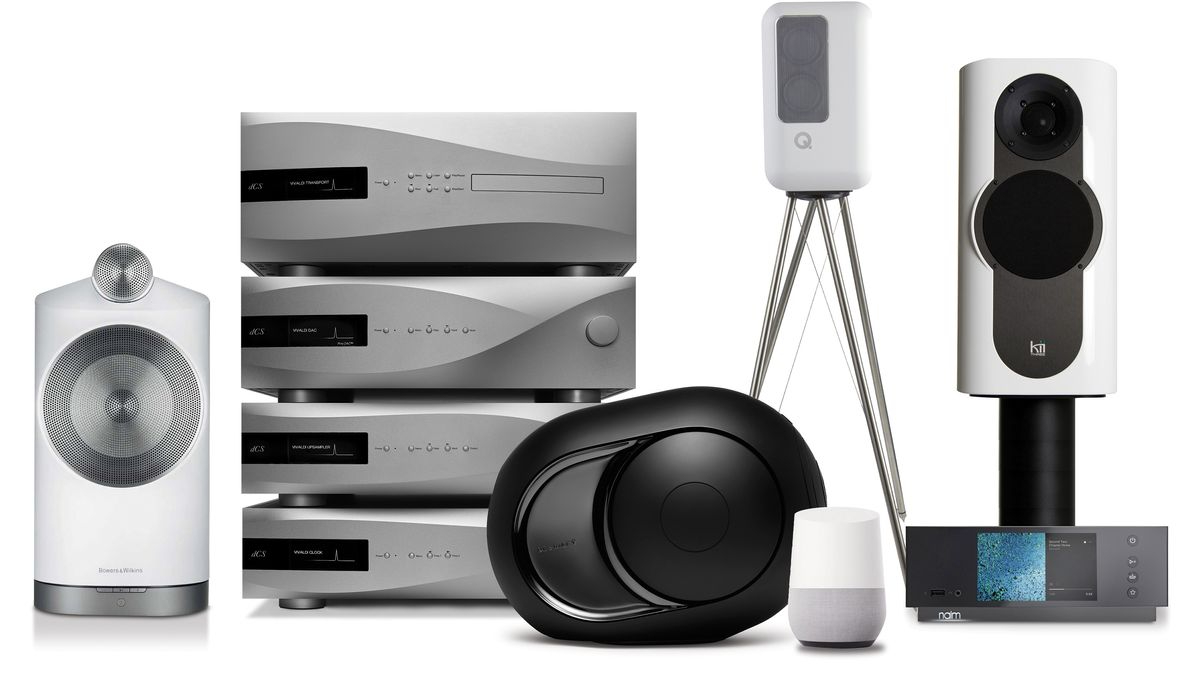
With Roon available across a range of products from various manufacturers, we ask if there will be any restriction on that – will it be limited to products from the Harman family over time?
EV:
“No, definitely not. This was one of the main factors. For probably 18 months we have been looking at what kind of partner we could work with that would give us access to more resources. We've been a self-funded startup since the beginning, so obviously, we are growing incrementally. You're only growing your team when your revenue allows it. It's a very constrained kind of growth.
“And as our aspirations have grown, we've been looking for someone we could partner with that would let us do more and amplify what we do. This was one of the main considerations; sort of the cornerstone of our corporate mortgage strategy has always been being compatible with everything and Harman is strongly committed to supporting that. It's very important, I think, to the quality of the products and the value proposition of the product that we continue to do that.”
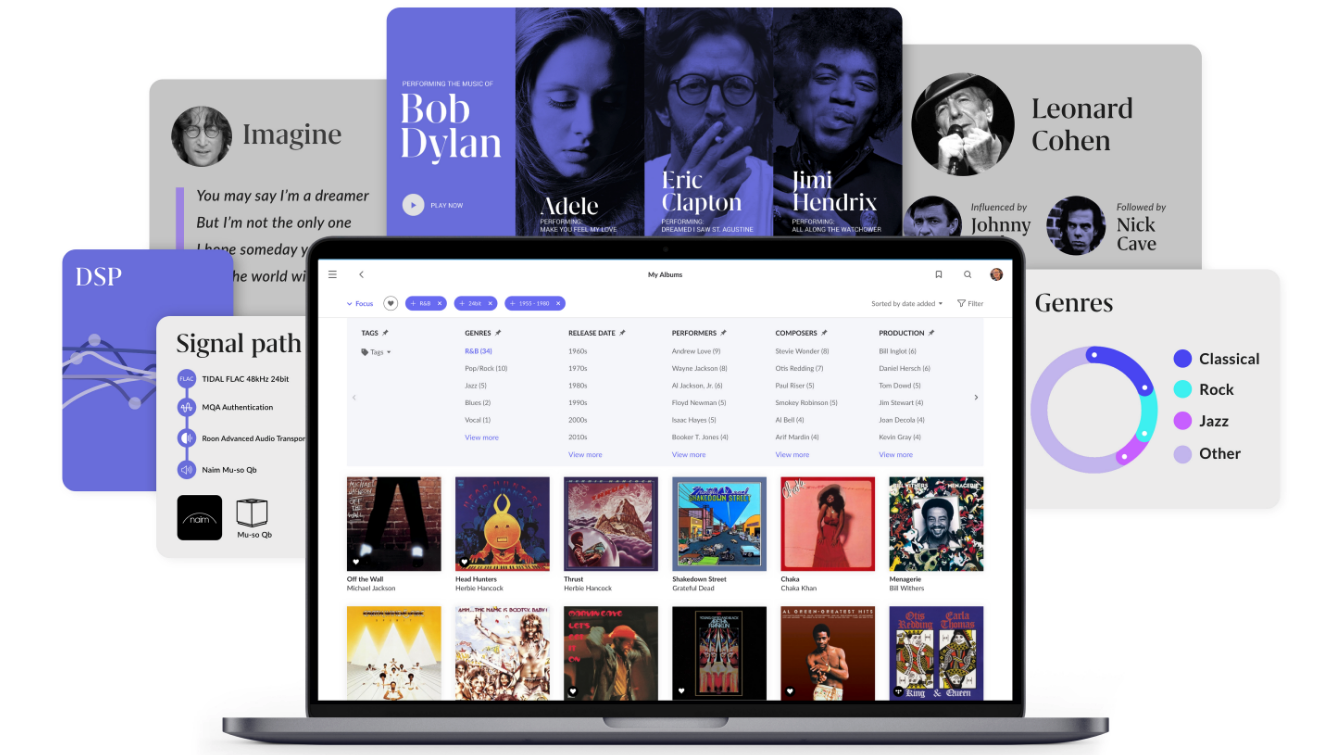
We ask Vandermeer if we might see an enthusiast-lite version of Roon, a half-way house between, say, what Spotify has and the data-rich experience that Roon currently offers.
EV:
"We have definitely contemplated that and we definitely have ideas about how we might do it. But we have made our home in the audiophile-enthusiast world, in part because the product architecture makes sense for that kind of user.
For the time being, our strategy is to double down on the audience that we serve right now because it's in our DNA – it's what we've always done. So really, the first port of call is to make sure that we are meeting all the needs and use cases of those very, very demanding listeners. Whatever we do in the future for whatever audience, knowing that we make the best product for the most demanding user gives us a halo effect on anything else we might do.”
Finally, we ask if there will be any pricing changes for Roon off the back of the Harman acquisition (currently $14.99 per month billed monthly, £12.49 per month billed annually or $829.99 for lifetime billing).
EV:
"It’s something we will look at as we evaluate markets, but for the time being, Roon is going to continue operating exactly as it does. Harmon set us up as a business unit within the lifestyle division, which gives us a tremendous amount of autonomy and the ability to keep running as we have been."
MORE:
Roon's Nucleus Titan is the ambitious server of audiophiles' dreams – and has the price to match
20 years of TV and multi-room tech later: we don't know how lucky we are
Andy is Deputy Editor of What Hi-Fi? and a consumer electronics journalist with nearly 20 years of experience writing news, reviews and features. Over the years he's also contributed to a number of other outlets, including The Sunday Times, the BBC, Stuff, and BA High Life Magazine. Premium wireless earbuds are his passion but he's also keen on car tech and in-car audio systems and can often be found cruising the countryside testing the latest set-ups. In his spare time Andy is a keen golfer and gamer.

